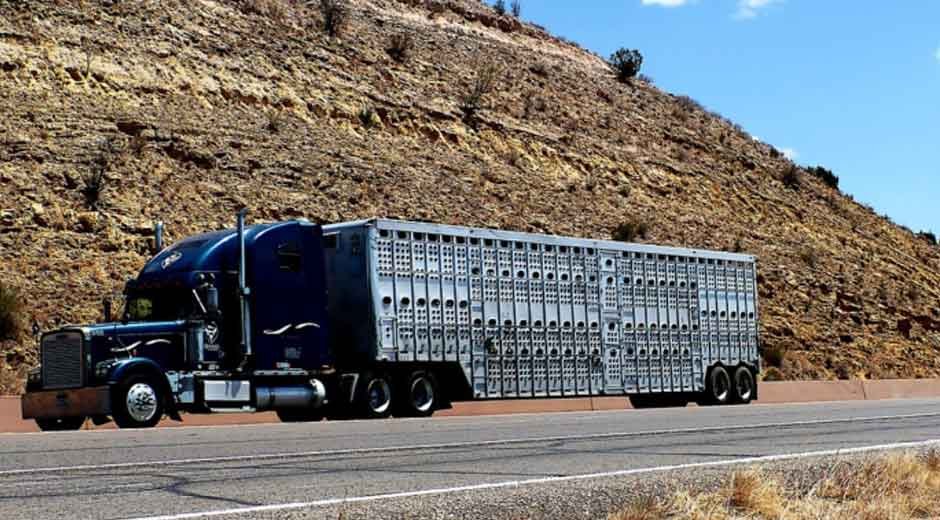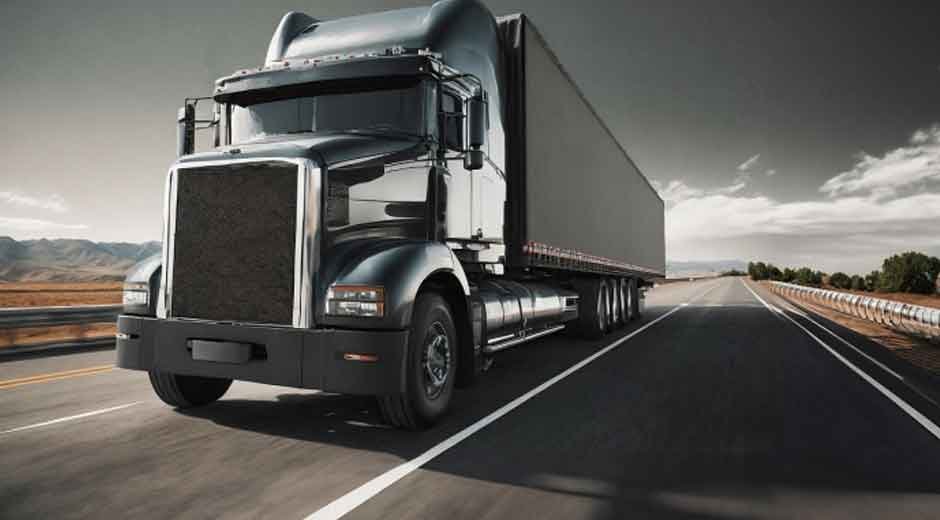The trucking industry is undergoing a profound transformation, with innovation driving efficiency, compliance, and sustainability to new heights. Looking ahead to 2025, logbook services are expected to play a critical role in this evolution. Emerging trends, including AI integration, enhanced compliance tools, and eco-friendly practices, are reshaping how companies manage their fleets and ensure regulatory adherence. Exploring advancements in the logbook for truckers, these trends are set to revolutionize how trucking companies operate in a competitive and compliance-focused landscape.
Table of Contents
The Rise of AI-Powered Automation
Artificial intelligence (AI) is making its way into logbook services in ways that simplify tedious processes and reduce human error. Trucking companies no longer need to rely solely on manual entries or static systems; instead, AI-powered platforms offer dynamic solutions that operate in real-time.
What AI brings to logbooks:
- AI can automatically identify inconsistencies in log entries, reducing the risk of errors that lead to compliance issues.
- AI-powered logbooks analyze trends across driver logs to predict needed maintenance or alert managers to upcoming compliance deadlines.
- From route optimization to analyzing Hours of Service (HOS), AI tools are helping fleet managers make smarter decisions instantly.
For truck drivers, this means less time spent worrying about compliance-related errors and more focus on their routes. For example, an AI-integrated logbook can send drivers reminders before their HOS ends, ensuring safety and minimizing violations.
Strengthened Compliance Tools
Staying compliant with increasingly stringent regulations is no small feat, particularly for companies hauling across state or international borders. This is where logbook services in 2025 are stepping up, integrating enhanced compliance features to ensure seamless adherence to both local and international standards.
Key features of next-gen compliance tools:
- New logbook platforms automatically account for different HOS rules across countries, eliminating confusion for drivers.
- With shared digital access, these systems allow instant retrieval of up-to-date records during roadside inspections, reducing delays and fines.
- Fleet managers can set alerts for drivers when nearing compliance thresholds, such as maximum allowable driving hours or maintenance deadlines.
Practical application: for instance, a trucking company operating across the US-Canada border could deploy a compliance-focused logbook that adapts to each country’s rules. Drivers wouldn’t need to manually update settings mid-route, leading to fewer errors and smoother operations.
Sustainability Becomes Essential
Sustainability is no longer just a nice-to-have; it’s becoming a competitive advantage within the trucking industry. As environmental regulations grow stricter, logbook services are evolving to help businesses reduce their carbon footprints while staying compliant.
How logbooks promote sustainability:
- Digitization of logbooks is reducing the need for paper-based entries, significantly cutting waste across companies.
- Some platforms now analyze route data to minimize fuel consumption and carbon emissions.
- Advanced logbook systems are incorporating tools that track emissions per trip, allowing managers to identify where improvements can be made.
Real-life example: a fleet of logistics trucks reduced its annual paper usage by 90% after switching to digital logbooks. The change not only supported the company’s sustainability goals but also improved its reputation among environmentally conscious clients.

Enhanced Integration with Other Technologies
2025 is seeing logbooks seamlessly integrate with other critical technologies in the trucking industry. These integrations offer a holistic approach to fleet management and take logbooks from purely a compliance tool to a hub of operational efficiency.
Notable integrations:
- Modern logbooks now sync with telematics systems, enabling fleet managers to monitor vehicle health, driver behavior, and location in real-time.
- Maintenance scheduling. Integrated logbooks auto-schedule vehicle maintenance based on mileage and wear data, preventing breakdowns and delays.
- IoT-enabled systems. Internet of Things (IoT) devices in vehicles can now feed data directly into logbooks, automating the tracking process and capturing rich details like tire pressure, fuel consumption, and engine performance.
Companies can leverage these integrations to reduce costs associated with unscheduled repairs, improve safety, and increase delivery efficiency.
Enhanced Data Protection and Cybersecurity
With the rapid digitization of record-keeping comes an increased need for data protection. Logbooks in 2025 are being built to guard sensitive information against security breaches, ensuring both businesses and drivers are protected.
Advances in security for logbooks:
- All logbook entries transmitted over digital networks are safeguarded by end-to-end encryption.
- Biometric logins and driver IDs ensure only authorized personnel can access certain records.
- Cloud-integrated logbooks provide automatic data backups, ensuring records remain accessible even in the event of device failure.
Why this matters: a secure logbook system keeps fleets compliant while avoiding costly cyberattacks that could compromise vital data, such as details about client shipments or driver routes.
Increased Customization and Accessibility
The trucking industry is incredibly diverse, and future logbook services are addressing this by offering customized features that cater to specific needs. Whether it’s different compliance requirements or operational workflows, logbooks are becoming highly adaptable.
Customization features:
- Systems can now create dashboards specific to fleet sizes, regional regulations, or driver performance metrics.
- Logbook systems include multilingual support to accommodate international trucking routes.
- Drivers can log hours even without an active internet connection, with updates syncing once a connection is restored.
Industry example: a multinational logistics company working across Europe and Asia adapted their logbook software to offer real-time updates in multiple languages for its drivers, dramatically improving communication and operational efficiency.

Forecasting and Planning with Advanced Analytics
Data is the new currency in fleet management, and logbook services are leveraging advanced analytics to provide trucking companies with actionable insights. By analyzing patterns in performance and compliance, logbooks can help businesses optimize every aspect of their operations.
Analytics in action:
- Fleet managers can pinpoint areas for improvement among drivers, such as idle time or inconsistent HOS adherence.
- Predictive analytics help managers anticipate vehicle malfunctions and schedule repairs proactively.
- Logbooks analyze expense trends (e.g., fuel usage or toll fees), offering recommendations on cost reduction strategies.
By relying on analytics-driven decision-making, trucking companies can stay ahead of the competition, preparing for market shifts with agility.
Final Thoughts
The future of logbook services is nothing short of exciting. From AI-enhanced compliance to eco-friendly operations, the trends expected in 2025 are steering the trucking industry towards a more efficient, safe, and sustainable future. These innovations not only improve compliance but also deliver major savings in time and resources across the board.
